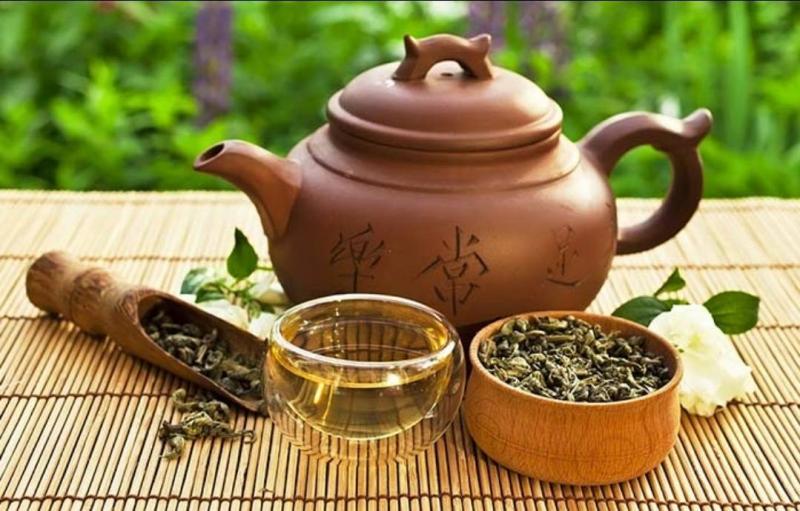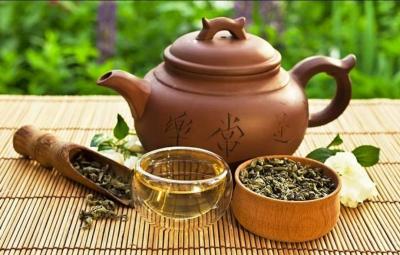If you are aiming to lose weight but are too busy to engage in physical exercise, this study may be encouraging for you.
A new study found that drinking a cup of Chinese black tea can assist with weight loss by burning fat during sleep and rest. Researchers from Tsukuba University in Japan noted that drinking tea increases fat breakdown and continues to work even when a person is resting. Professor Kombei Tokuyama, the lead researcher of the study, confirmed that consuming two cups of Chinese black tea daily significantly stimulates the body's fat-burning processes. He added, "Like all types of tea, Oolong (Chinese black tea) contains caffeine, which affects energy metabolism by increasing heart rate. Nonetheless, studies indicate that tea consumption may also enhance fat breakdown, regardless of caffeine effects. Thus, we wanted to study the effects of consuming this tea versus caffeine alone on energy and fat metabolism among a group of healthy volunteers."
**What Distinguishes Oolong Tea (Chinese Black Tea)?**
Although all types of tea come from the same plant, Camellia sinensis, the specific degree of oxidation determines the type of tea you drink, which is the chemical process that turns tea leaves black. For instance, green tea does not undergo oxidation and has a mild flavor, while black tea comes from completely oxidized leaves. Oolong tea is classified as somewhere in between, where its leaves are partially oxidized. Researchers state that this tea exhibits properties of both green and black teas. Health experts consider tea to be very healthy, especially green tea, but the study authors state that Oolong tea has remained a mystery until now.
**Fat Burning Without Losing Sleep:**
The study tested a group of healthy volunteers who either drank Oolong tea, pure caffeine, or a placebo for two weeks. The results revealed that participants' consumption of tea or caffeine led to a 20% increase in fat breakdown compared to the control group. Researchers noted that the effects of Oolong tea continued after the participant fell asleep. Surprisingly, neither tea nor caffeine caused an increase in energy consumption. The study authors stated that this shows the group developed a tolerance to the caffeine present in both drinks over the two weeks. Since caffeine typically affects sleep, and lack of sleep can influence metabolism, the study also examined each person's sleep quality during the research. Despite caffeine's reputation for keeping people awake, researchers discovered no difference in sleep patterns between the test group and the placebo group. Thus, the team believes that drinking a cup of Chinese black tea will not keep you awake all night and may aid in burning some extra pounds. Additionally, the stimulatory effects of Oolong tea on fat breakdown during sleep could have real clinical significance for body weight control. However, researchers stated that they need to determine whether the effects observed in the two-week study translate into actual fat loss in the body over a longer period.




